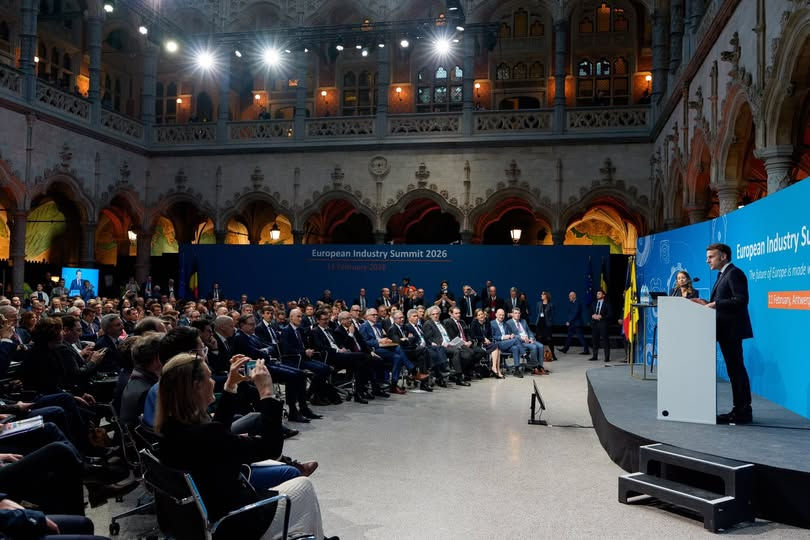The Role of Social Media in Shaping Political Campaigns
- Rahmani Khoshnaw

- Apr 27, 2025
- 2 min read
Khoshnaw Rahmani, JadeTimes Staff
K. Rahmani is a Jadetimes news reporter covering Culture.

A New Era of Political Communication
Social media has reshaped political campaigning, offering candidates direct access to voters without relying on traditional media outlets. Platforms like X (formerly Twitter), Facebook, and TikTok allow politicians to control their messaging, bypassing press filters and framing their own narratives.
For instance, during the 2020 U.S. presidential election, both major candidates relied heavily on digital outreach, engaging audiences through targeted ads, live-streamed events, and rapid-response content. These tools have replaced conventional political ads, making engagement more interactive and immediate.
Microtargeting and Voter Influence
Political campaigns use data analytics and AI to tailor messages to specific voter demographics. By analyzing user behavior, location, and interests, campaigns craft personalized ads that appeal to key concerns of different communities.
In the 2016 U.S. election, microtargeting played a critical role in voter outreach, influencing public perception by delivering highly customized political content. While this enhances campaign effectiveness, it also raises concerns about data privacy and digital manipulation, as seen in controversies surrounding Cambridge Analytica.
Influencers and Political Mobilization
Social media influencers have become political voices, shaping voter perspectives and mobilizing supporters. Figures such as Alexandria Ocasio-Cortez (AOC) effectively use platforms like Instagram and TikTok to break down policies, challenge opponents, and encourage civic engagement.
Beyond individuals, movements like Black Lives Matter (BLM) and Fridays for Future have leveraged social media to drive mass participation in protests, elections, and policy discussions. These online-driven movements amplify public discourse and influence legislative change.
Challenges: Misinformation & Election Security
While social media enhances accessibility, it also enables disinformation, propaganda, and digital manipulation. Studies show that fake news spreads faster on social media than factual reports, influencing voter decisions based on unverified claims.
Platforms such as Facebook and YouTube have introduced fact-checking measures to combat misinformation, yet bot-generated content, deepfake videos, and algorithmic biases remain persistent threats to election integrity. Governments worldwide are pushing for stronger regulations to improve digital election security.
Future Trends in Digital Campaigning
Artificial intelligence is set to further refine election strategies, with AI-driven predictive analytics, automated engagement, and sentiment analysis shaping voter outreach.
Additionally, global discussions on social media regulations will define future election security policies, determining how political ads are monitored and how misinformation is controlled. The balance between digital innovation and ethical governance will be key to ensuring transparent elections.








































Comments